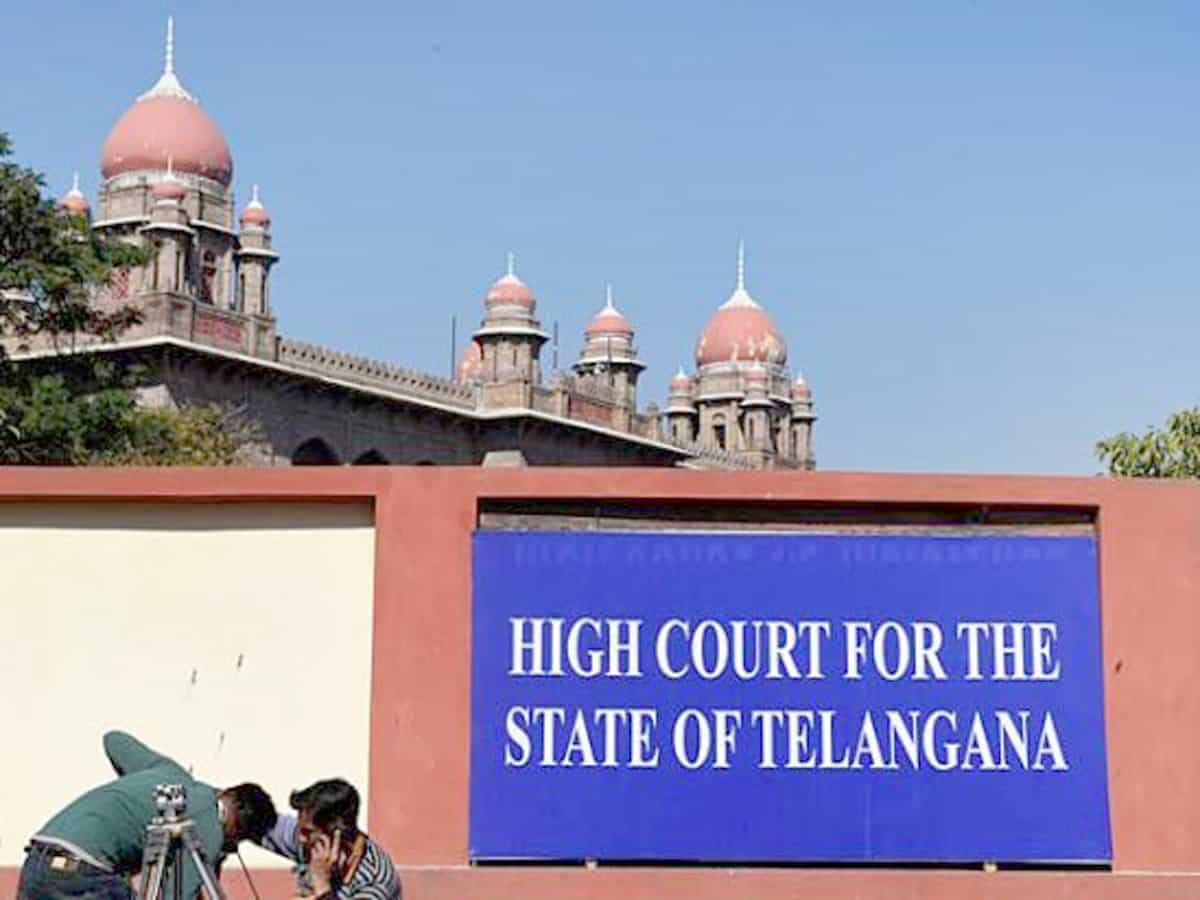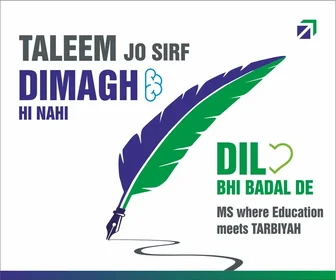
Hyderabad: The Telangana High Court has directed its Registry to publish a notice inviting claims or objections from bona fide investors of Margadarsi Financiers. The notice will be published in English, Hindi and Telugu newspapers.
This order was issued by a division bench comprising Justice Sujoy Paul and Justice Namavarapu Rajeshwar Rao while hearing criminal petitions filed in 2011 by Margadarsi Financiers and its late chairman Ramoji Rao.
The petitions sought a stay on criminal prosecution against them for allegedly collecting deposits from investors in violation of RBI guidelines.
The Supreme Court had earlier referred the matter to the Telangana High Court for a detailed scrutiny of Margadarsi’s deposits and whether they were returned to all depositors. The SC also directed the High Court to appoint a former judge to supervise the scrutiny process.
The Reserve Bank of India (RBI) has informed the High Court that Margadarsi is liable for prosecution for violating RBI guidelines.
The High Court is now awaiting claims or objections from Margadarsi’s investors before proceeding further in the matter.
In 2008, former Congress MP Undavalli Arun Kumar filed a complaint that led the then united Andhra Pradesh government to initiate criminal prosecution against Margadarsi Financiers, a move later upheld by a magistrate court.
Arun Kumar alleged that Margadarsi Financiers collected deposits from the public amounting to ₹2,610 crores as of March 31, 2006.
He argued that the Hindu Undivided Family (HUF) structure, being an unincorporated association, is not recognized as a juristic person and therefore prohibited from collecting deposits under Section 45S(1) of the RBI Act.
On December 31, 2018, the Hyderabad High Court dismissed the criminal prosecution against Margadarsi Financiers and its chairman, Ramoji Rao.
Arun Kumar challenged this decision in the Supreme Court, which found issues with the High Court’s ruling and sent the case back to the Telangana High Court for a fresh hearing.

